Category:Democracy and Voting


Presidents for life and the problem of democracy
February 20, 2017 | Post
A liberal democracy is not a machine that will run itself: it is run by people.

America has a bad case of “Whataboutism”
February 18, 2017 | Post
A number of folks I respect have gone full Never Trump, and a few have come out in support of the administration, to varying degrees. But quite a few of “us” have rejected full-on support or opposition, lapsing into what I’ve come to think of as “But What About….?”-ism.

Weird election rules: The baseball hall of fame
February 18, 2017 | Post
Any variation in election rules — for president, for student body treasurer, or for anything else — allows us to examine the rules’ impact on voting outcomes.

A paradox in the theory of democracy
February 9, 2017 | Post
It is not easy being a committed democrat when your side loses an election.

He’s not my president because none of them are.
February 6, 2017 | Post
The inauguration of President Trump was immediately followed by size comparisons.

Did the democrat’s hacked emails give voters too much info?
February 2, 2017 | Post
During the primaries, commentators and academics continually decried the fact that voters had too little information about the candidates.
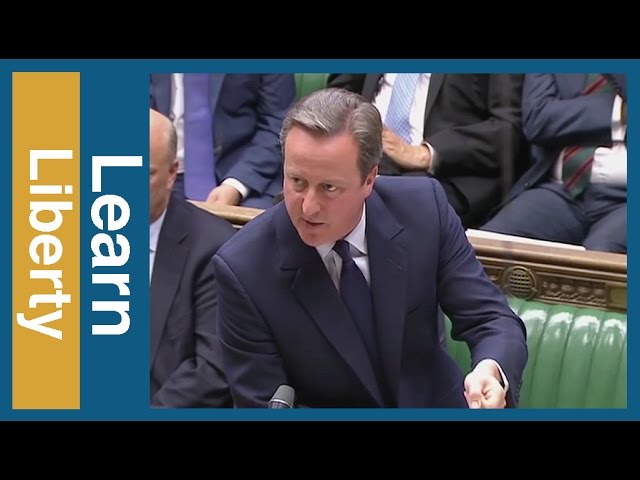
The Story of Brexit: A Popular Insurgency?
January 30, 2017 | Video
Almost every authority figure in Britain told them to vote for remaining in the EU. So why did 17 million people vote to leave? Dr. Steve Davies explains.

Did Trump win because of backlash against political correctness?
January 20, 2017 | Post
Perhaps, after eight years of creeping explicit and implicit censorship, Trump’s election can be seen as a broad referendum on political correctness.

Political parties are just shopping bags for ideas
January 11, 2017 | Post
Is Donald Trump shredding the Republican Party? Some commentators marvel at the statist implications of Trump’s vow to spend a trillion dollars on infrastructure projects — a vow that echoes both Obama’s stimulus package and FDR’s New Deal.
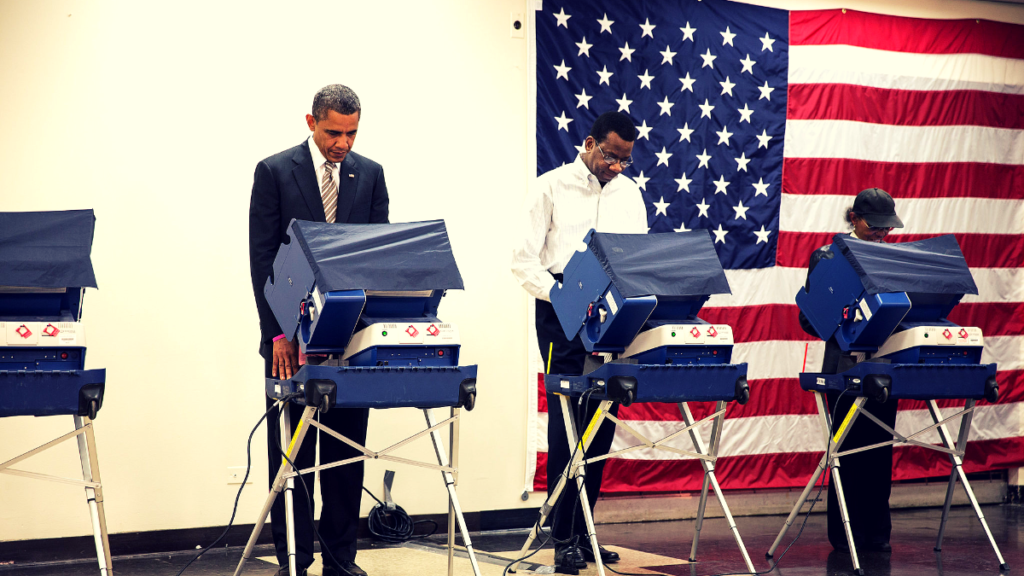
Democracy goes to (electoral) college
December 21, 2016 | Post
It’s healthy for us to periodically revisit these discussions about the basic structure and principles of government. It’s probably less healthy, though, to tie one’s like or dislike of the electoral college to one’s preferred outcome in any particular race.

Election results: Chocolate chip cookie wins again
December 5, 2016 | Post
Are you one of those people who like raisins in cookies? Too bad.

Democracy limits bad government in the long haul.
December 2, 2016 | Post
The following is the fourth installment in a five-part debate between Jason Brennan and Philip Pettit on the legitimacy of democracy as a system of social order.

In democracy, minorities are ignored and the voters are ignorant.
December 2, 2016 | Post
The following is the third installment in a five-part debate between Jason Brennan and Philip Pettit on the legitimacy of democracy as a system of social order.

Identity politics elected Trump
December 1, 2016 | Post
While many did not predict the outcome of this election, everyone knew one thing: half of the country would be devastated.
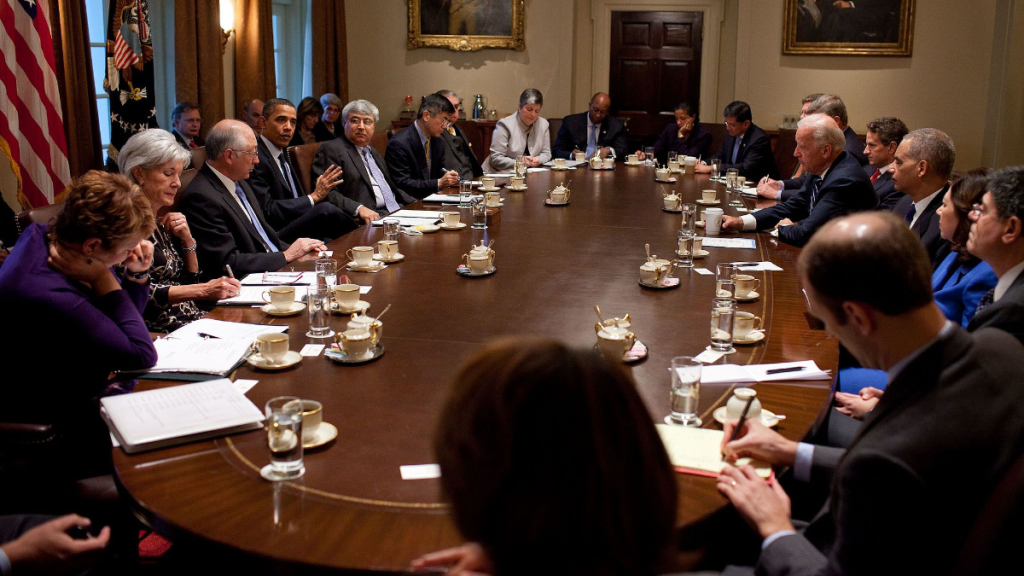
What you missed: Week of 11/18
November 18, 2016 | Post
We’re a little over a week into President Obama’s lame duck period with President-elect Donald Trump’s cabinet and administration beginning to take shape. Here’s a few news stories you may have missed in that time. President-elect Donald Trump has been holed up inside Trump Tower for the last week as his team begins work on […]

Making Sense Of “Trumpism”
November 11, 2016 | Video
Donald Trump is part of a much bigger phenomenon, explains Professor Steve Davies.

Partisan politics makes smart people stupid
November 8, 2016 | Post
Highly informed voters are also highly biased. That’s a serious problem for democracy, but also for any other system of political decision-making in big groups.
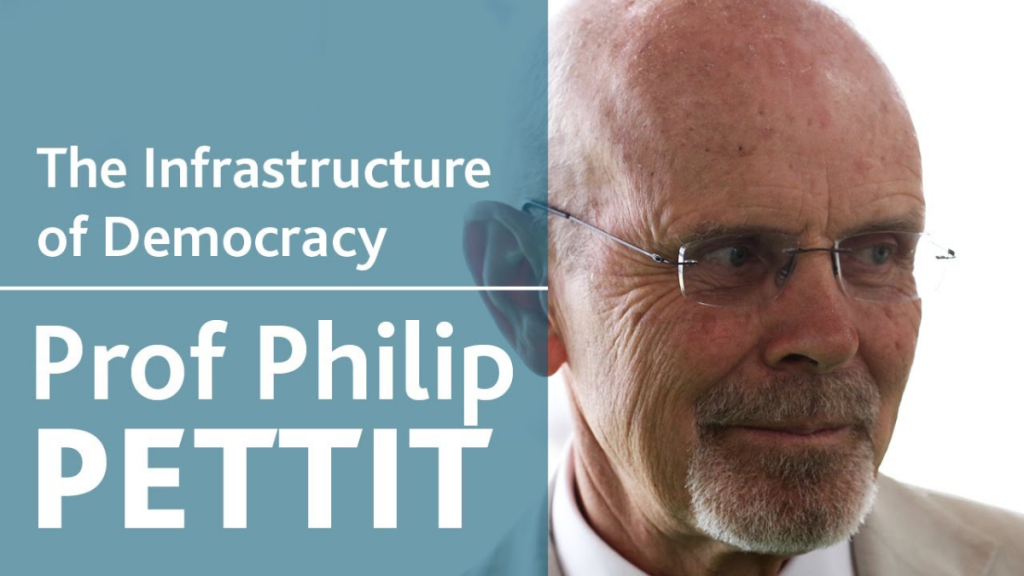
Debate: Is democracy overrated? No.
November 7, 2016 | Post
The following is Professor Philip Pettit’s response to Jason Brennan’s piece on the nature of democracy. This is the second installment in a five-part debate between the two professors on the legitimacy of democracy as a system of social order.

Debate: Is democracy overrated? Yes.
November 7, 2016 | Post
The following is the first installment in a five-part debate between Georgetown Professor Jason Brennan and Princeton Professor Philip Pettit on the merits of democracy as a system of social order.
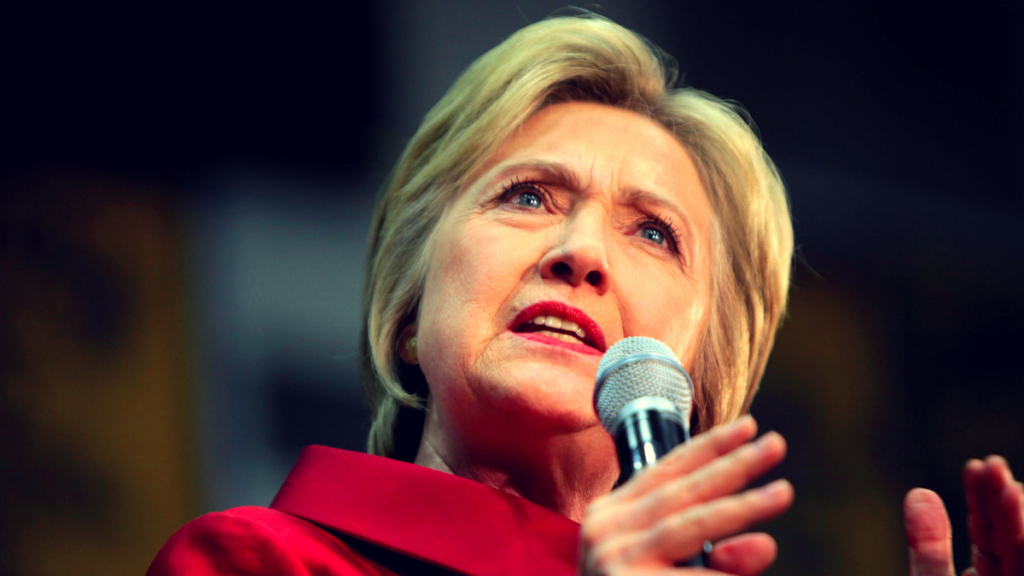
What you missed: Week of 11/4
November 4, 2016 | Post
This week was the home stretch of the 2016 presidential election. Here’s some headlines you may have missed heading into the first weekend of November: The FBI announced that it found emails relating to its investigation of Hillary Clinton on scandal-plagued former Congressman Anthony Weiner’s computer. The Chicago Cubs won the World Series this week […]

Why Doug (like other low-income Americans) doesn’t trust authority
October 29, 2016 | Post
I’ll take “Best nuanced commentary on contemporary American politics” for $500.
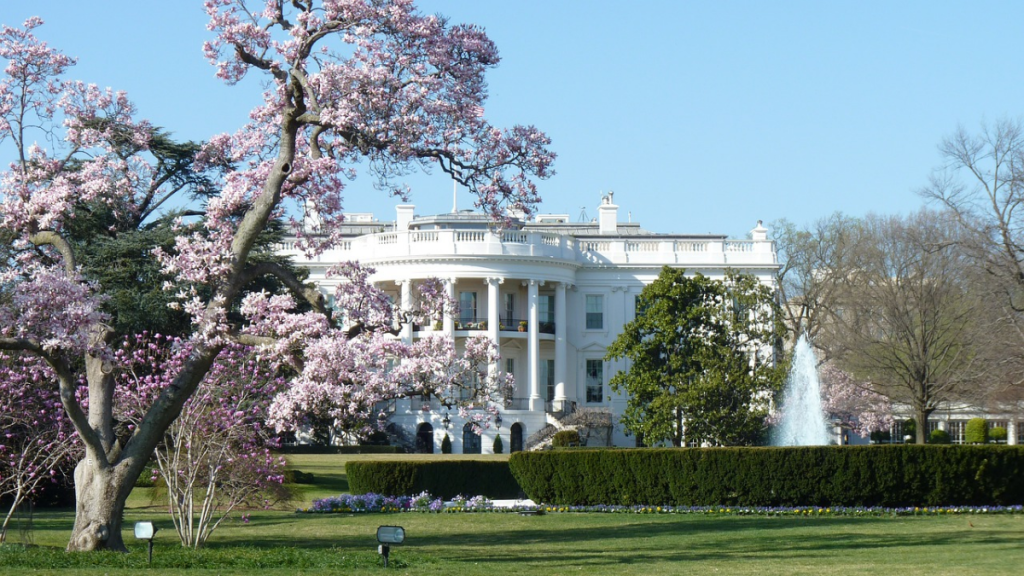
Apolitical reasons to hate politics
October 25, 2016 | Post
Politics isn’t just bad; It’s the worst. It brings out the literal worst in people.



